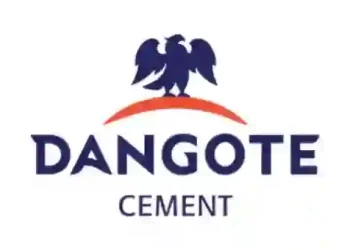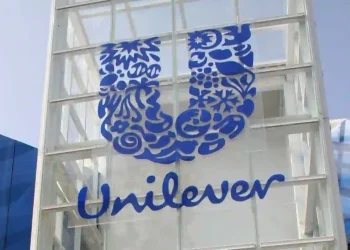The African Energy Council (AEC) has revealed that the various media trials, probes and investigations in oil and gas sector are blocking its growth and development.
This is coming after a group protest was recently organised to call for the probe and prosecution of NNPCL‘s former Group Chief Executive Officer (GCEO), Mallam Mele Kyari.
Reacting via a press statement, the council said that the country’s oil and gas sector requires all the focus it can possibly get right now, and the constant allegations and investigations involving the leadership at the Nigerian National Petroleum Company Limited (NNPCL) will only serve as distractions meant to prevent any potential progress.
According to AEC, the sector is in dire need of strategic execution and long-term vision, so the wave of high-profile probes in the petroleum industry must be avoided if Nigeria wants to enjoy a major shift towards investor sentiment.
“As headlines once again turn to allegations and investigations involving leadership at the Nigerian National Petroleum Company Limited (NNPCL), there is an urgent need to step back and reassess national priorities.
This is not the first time Nigeria has faced a wave of high-profile probes in the petroleum sector. From the widely publicised cases involving former Minister Diezani Alison-Madueke to the arrest of former NNPC GMD Andrew Yakubu, Nigeria has, over the past two decades, launched numerous investigative efforts.
Yet, despite the media attention, these efforts have done little to fundamentally shift sector performance, governance quality, or investor sentiment,” it read.
Instead of the “unnecessary probes that yield no tangible result,” the African Energy Council (AEC) emphasised the need to concentrate on improving oil production in line with agreed budget benchmarks.
Insisting that Nigeria’s four state-owned refineries cannot be allowed to keep underperforming despite the huge resources spent on their rehabilitation, AEC disclosed that the sector badly needs stable leadership, clear policy direction, transparency, and results-driven reforms.
“Today, Nigeria’s production levels remain fragile, fluctuating between 1.4 and 1.6 million barrels per day, well below both its 2 million bpd budget benchmark and OPEC quota.
Meanwhile, the country’s four state-owned refineries—intended as a cornerstone of national energy security—have continued to underperform, despite years of rehabilitation attempts and expenditures exceeding ₦4tn.
The challenge before Nigeria is not simply one of accountability, but of institutional delivery. At a time when global capital is becoming more selective, and the energy transition is reshaping upstream investment strategies, Nigeria cannot afford to be distracted by reactive cycles.
The implementation of the Petroleum Industry Act (PIA) is still in early stages, and its success hinges on stable leadership, clear policy direction, and results-driven reform.
The AEC therefore urges a realignment of national attention toward outcomes that will tangibly benefit the Nigerian people,” it added.





















